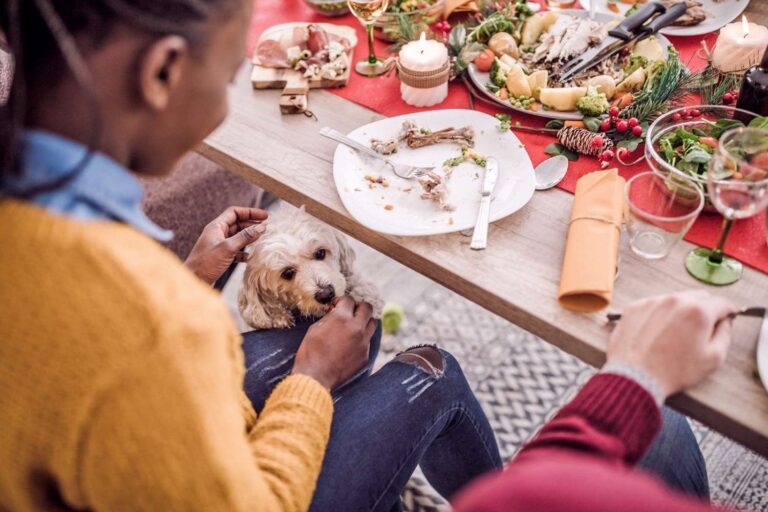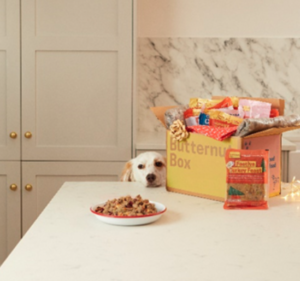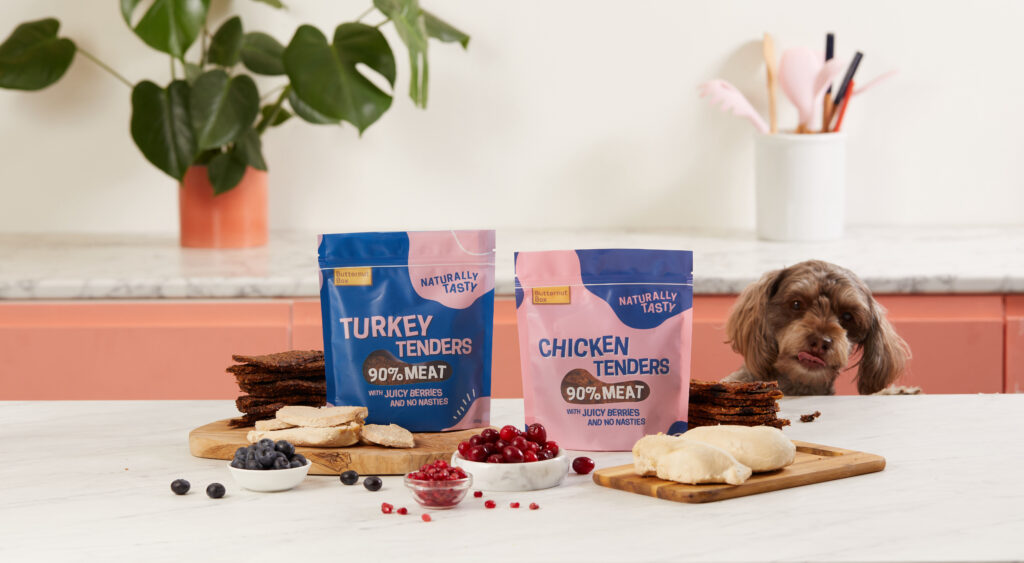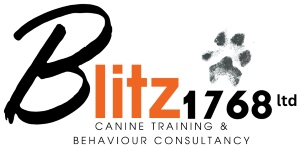Your dog and Christmas 2023
Your dog and christmas

As the holiday season approaches, we all look forward to indulging in delicious festive foods. From pigs in blankets and turkey to mince pies and Yorkshire puddings, there are so many tempting treats to enjoy. However, it’s important to remember that not all of these Christmas delights are safe for our furry friends. In fact, according to Animal Friends Pet Insurance, the number of toxic ingestion claims for dogs tends to peak in December.
To ensure that dog owners are aware of what they can and can’t feed their beloved pets during the festive season, Animal Friends Pet Insurance has teamed up with Dr. Sam Webster, Director of Clinical Operations at Joii Pet Care. Together, they have compiled a list of Christmas foods that should be avoided and provided helpful information about the signs of toxic ingestion.
Christmas Foods to Avoid Feeding Your Dog
When it comes to Christmas foods, there are several items that you should never give to your dog. These include:
Pigs in blankets (and other fatty meats): Fatty meats like pigs in blankets can lead to pet obesity and pancreatitis. Instead, stick to unseasoned lean meats such as chicken or turkey.
Gravy: Gravy often contains high levels of salt and fat, which can be harmful to dogs with heart disease or a history of pancreatitis.
Mince pies, stollen, Christmas pudding (and other puddings): Raisins, sultanas, and grapes are extremely toxic for dogs and should be avoided at all costs. Even small amounts can be dangerous. Puddings with high nut and sugar content may also cause pancreatitis.
Cooked bones: Cooked bones, such as chicken bones or roasted lamb bones, are not safe for dogs. They can cause constipation, intestinal obstruction, or even perforation, which can be life-threatening.
Stuffing: Dogs should avoid stuffing as it often contains high levels of salt and fat, which can be difficult to digest. It may also contain onions, which are highly toxic to dogs.
Bulb vegetables (onions and garlic): Onions and garlic, commonly found in bulb vegetables, are toxic to dogs. Even small amounts can cause issues and should always be avoided.
Yorkshire puddings: Yorkshire puddings can be challenging for dogs to digest due to their high fat and salt content.
Alcohol: Alcohol is extremely toxic to dogs and can have long-lasting effects on their liver and brain. Dogs do not metabolize alcohol well and should never be given it.
Chocolate: Chocolate is highly toxic for dogs and can cause nervous system disorders, as well as heart and kidney failure. Avoid any chocolate-related products, including hot chocolate, chocolate bars, and chocolate cake.
In addition to these foods, there are other items you should avoid giving to your dog this Christmas, such as cured meat, smoked salmon, potatoes with added salt, butter, or oil, nuts, sauces (e.g., mint or cranberry), cheese or cream, and sweets. It’s also important to keep festive decorations like poinsettia and mistletoe out of your pet’s reach, as they can be toxic if ingested.
Signs of Toxic Ingestion in Dogs
If you suspect that your dog has eaten something they shouldn’t have, it’s crucial to contact your vet immediately. Look out for the following symptoms, which may indicate toxic ingestion:
- Vomiting
- Diarrhoea
- Lethargy
- Convulsions
- Drooling
- Dehydration
- Tremors
- High temperature
- Agitation
- Pale gums
- Abnormal heart rhythm
- Hyperactivity
- High blood pressure
If you notice any of these signs and are unaware of any consumption, it’s still important to contact your vet. It’s better to err on the side of caution and seek professional advice.
Foods You Can Feed Your Dog at Christmas
Although there are many foods that should be avoided, there are still plenty of options that you can safely feed your dog this Christmas. According to Catrin George, an Animal Wellbeing Specialist at Animal Friends Pet Insurance, a safe festive meal for your dog can include lean meats like turkey and chicken, along with some dog-friendly vegetables such as carrots, parsnips, broccoli, and cauliflower. It’s important to serve these foods in moderation and without any seasonings.
Remember, while it may be tempting to share your holiday feast with your furry friend, it’s essential to prioritize their health and well-being. By avoiding toxic foods and sticking to safe alternatives, you can ensure that your dog enjoys a happy and healthy Christmas.
For more information and advice, consult your vet or visit www.blitz1768.com.
Safe alternatives to include your dog in Christmas dinner festivities
Wide variety of turkey dinners and treats, Safe and fresh




